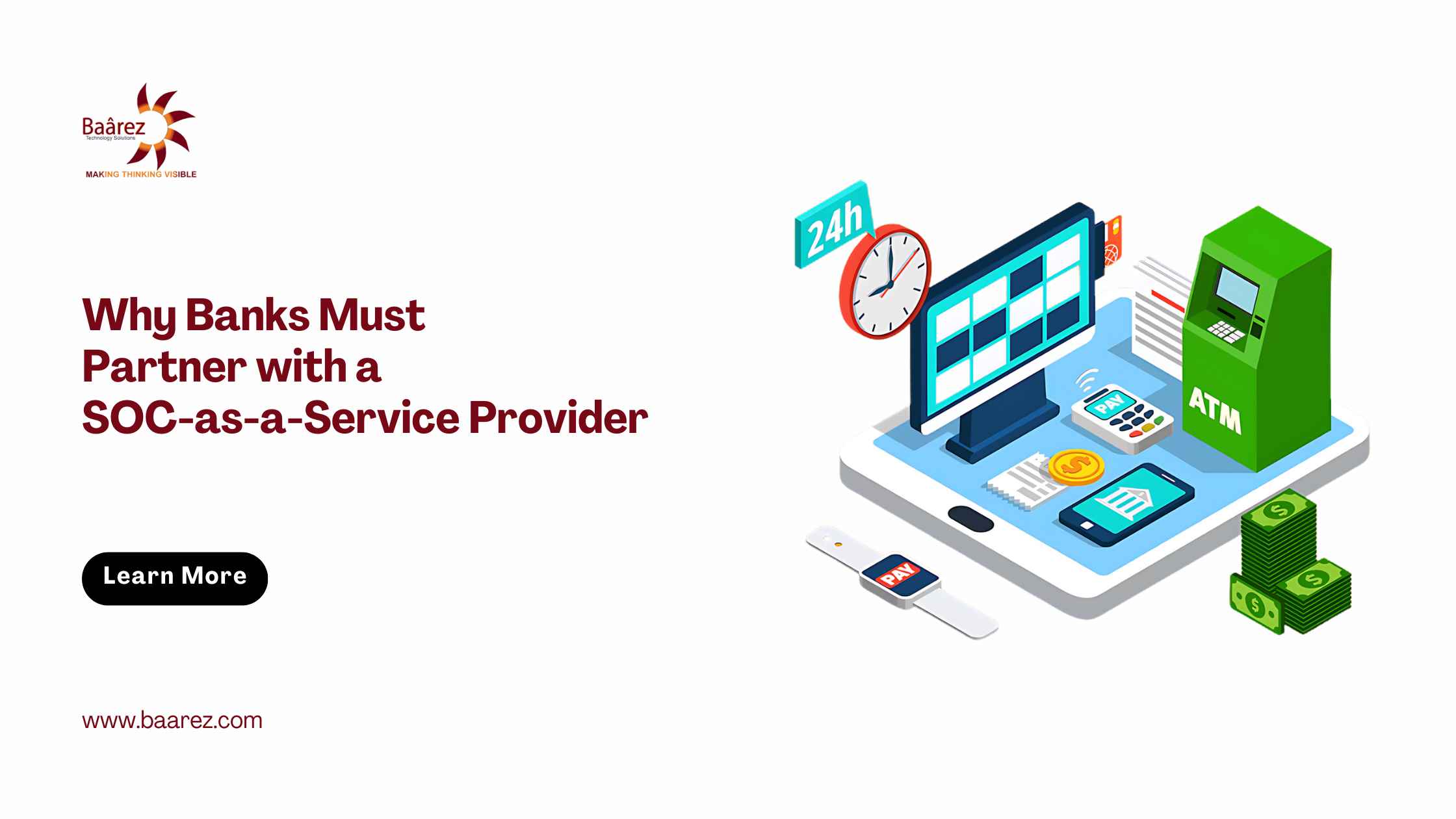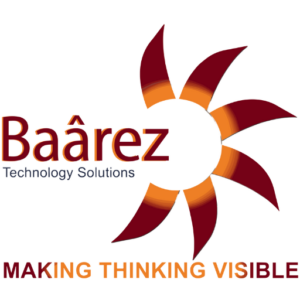
The financial sector stands out as one of the most cautious and highly regulated industries. Banks, in particular, must adhere to stringent rules and regulations to ensure a secure and trustworthy environment. In this article, we delve into why integrating SOC-as-a-Service (SOCaaS) into a bank’s cybersecurity strategy is essential.
Table of Contents
ToggleWhat is SOC?
A Security Operations Center (SOC) is a centralized unit responsible for monitoring, detecting, and responding to security threats within an organization. It functions as the command center for managing security events, encompassing everything from network intrusions to data breaches. SOCs handle a broad spectrum of threats, including cyber-attacks, system breaches, and human errors.
Traditionally, SOCs operated in a centralized manner, but advancements have led to a distributed model, with teams spread across various geographic locations. This global distribution enhances the efficiency of security resources, providing better coverage and responsiveness.
Understanding SOC-as-a-Service
SOC-as-a-Service (SOCaaS) is a cloud-based solution where a service provider manages and hosts the SOC infrastructure. This model allows organizations to leverage advanced security operations without the need for substantial investments in hardware and software. By outsourcing SOC functions to a provider, banks can focus on their core operations while benefiting from comprehensive security coverage.
Why Banks Require SOC-as-a-Service
Protection of Sensitive Information
Banks handle some of the most sensitive information, making them prime targets for cyber-attacks. According to an IBM report, financial sector breaches cost an average of $5.72 million, highlighting the severe financial impact of security failures. SOCaaS helps mitigate these risks by ensuring compliance with stringent security regulations, reducing the likelihood of breaches, and protecting the bank’s reputation.
Compliance and Regulatory Requirements
The financial industry is subject to rigorous compliance standards. SOCaaS providers help banks adhere to these regulations, ensuring that they meet industry-specific requirements. This compliance not only reduces the risk of regulatory fines but also enhances customer trust and confidence.
Focus on Core Operations
By outsourcing SOC functions, banks can concentrate on their primary operations and IT management. SOCaaS providers handle the intricate details of security monitoring and response, allowing banks to dedicate resources to strategic initiatives and customer service.
Benefits of SOC-as-a-Service
Enhanced Security Staffing
Attracting and retaining skilled cybersecurity professionals is a significant challenge due to the shortage of talent. SOCaaS providers bridge this gap by offering access to a pool of experienced security experts, complementing and enhancing a bank’s existing security team.
Round-the-Clock Monitoring
SOCaaS providers offer continuous monitoring of security events through advanced dashboards and automated systems. This 24/7 surveillance reduces the burden on internal security teams and ensures rapid detection and response to potential threats.
Compliance Management
Banks must navigate complex regulatory landscapes. SOCaaS providers assist in maintaining compliance with necessary regulations, thereby minimizing the risk of non-compliance penalties and ensuring that security practices meet industry standards.
Cost Efficiency
Deploying and maintaining an internal SOC can be prohibitively expensive. SOCaaS providers offer a cost-effective solution by sharing infrastructure and operational costs among multiple clients. This reduces the overall financial burden on banks while providing robust cybersecurity capabilities.
Accelerated Security Maturity
Building a mature cybersecurity program takes time and expertise. Partnering with a SOCaaS provider grants access to advanced tools and specialized knowledge, accelerating the development of a comprehensive security strategy.
Scalability and Automated Threat Detection
With the rapid growth of cloud technologies, IoT, and remote workforces, scalability is crucial. SOCaaS providers offer scalable solutions that adapt to evolving needs. They use threat intelligence platforms to automate detection and provide actionable insights in real time.
Access to Cutting-Edge Security Technologies
Keeping up with the latest security technologies can be challenging with limited budgets. SOCaaS providers maintain up-to-date security tools and technologies, delivering the benefits of advanced protection without the need for constant investment from the bank.
Conclusion
As discussed, SOCs have transitioned from centralized to distributed models, enhancing their effectiveness in safeguarding financial institutions. SOC-as-a-Service represents a vital component of modern cybersecurity strategies for banks. It offers enhanced protection, compliance, and operational efficiency, making it an indispensable partner in the fight against cyber threats.
To stay ahead of potential threats and secure sensitive financial data, partnering with a SOC-as-a-Service provider like Baarez Technology Solutions is essential. With their expertise and advanced technologies, SOCaaS providers equip banks with the tools needed to navigate the complex security landscape and maintain a strong defense against cyber threats.


